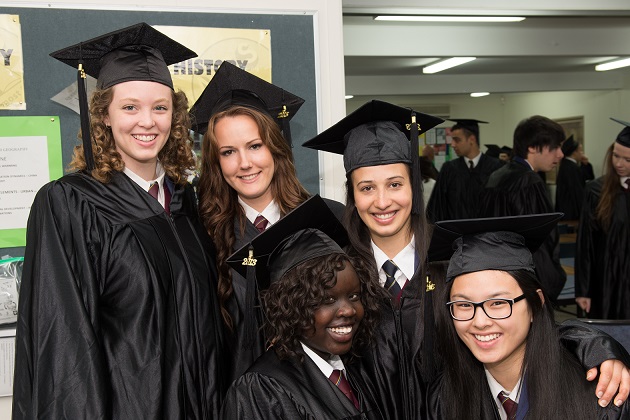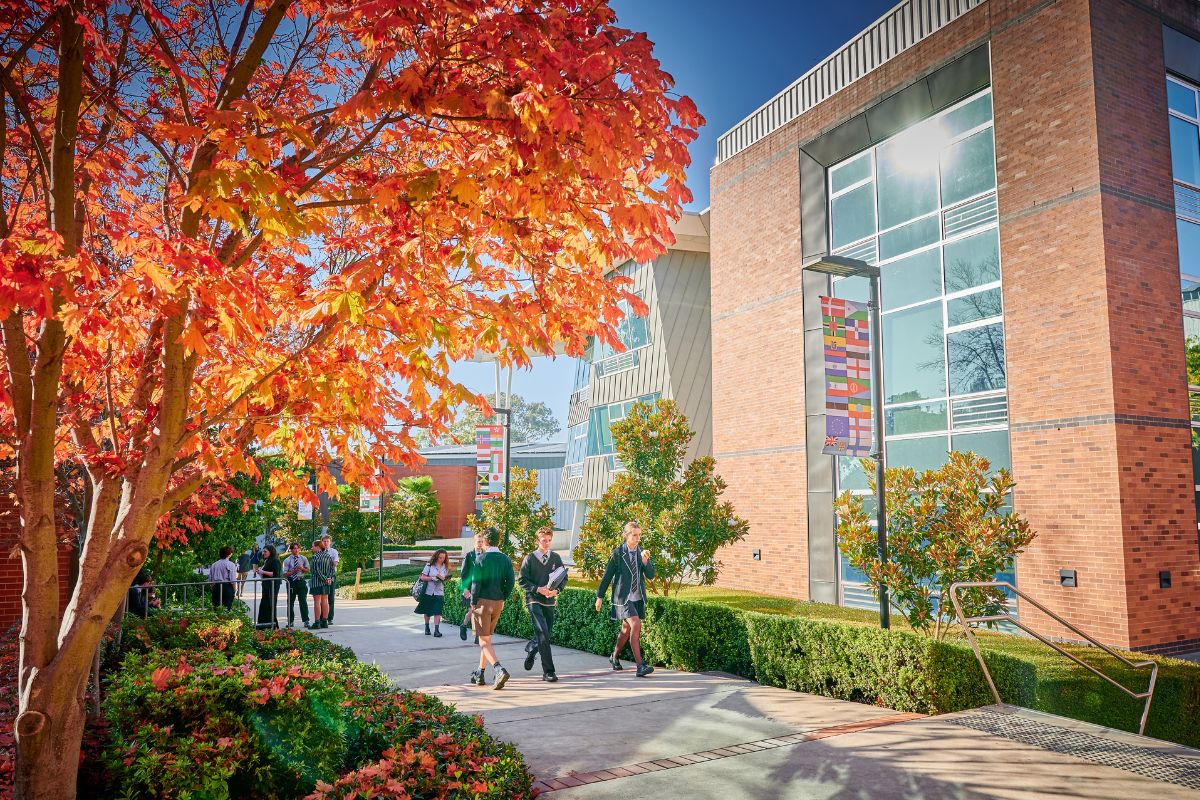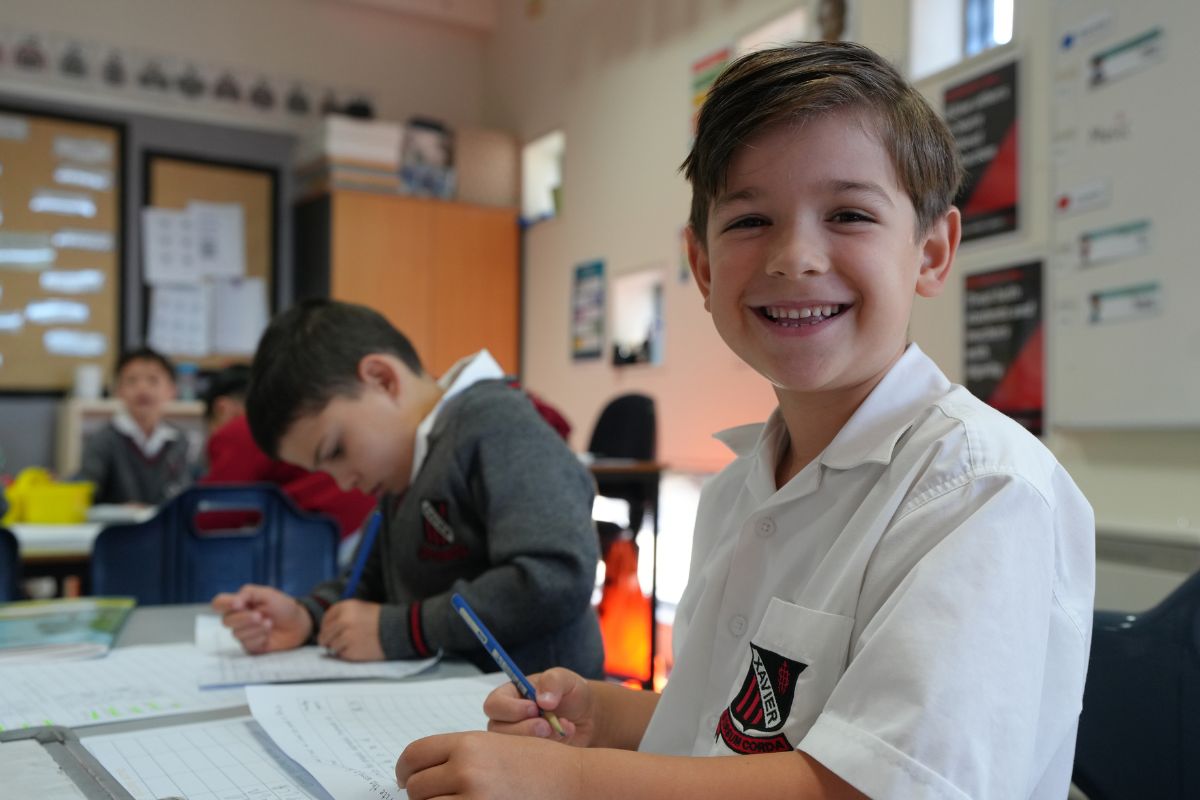What makes children thrive in schools?

While reading over the summer holidays, Abbotsleigh Head of Junior School, Sally Ruston, came across the quaint phrase, “failed to thrive”, as a cause of death of an infant in 19th-century England.
The unfortunate reality is that some children still pass through educational facilities without reaching their potential and failing to thrive at school. Excellent schools play a significant role in helping children flourish and reach their potential.
Dr Martin Seligman, director of the Positive Psychology Center at the University of Pennsylvania and founder of the Positive Psychology movement, has written extensively about what makes individuals thrive.
Among the factors identified are: Positive emotion Engagement and flow Meaningful activity Positive relationships Accomplishment Positive emotion includes pleasure, warmth, rapture, ecstasy and nurture and occurs when we engage in the things we enjoy — from eating chocolate to winning a grand final. This sense of wellbeing is transient.
More and more chocolate doesn’t make us happier — just unhealthier.
The resulting sensation of winning a game is quickly overtaken by the next training session. Engagement and flow result when we are totally consumed by the task at hand. Our concentration is total while we use up all our cognitive and emotional resources — time disappears and even if learning is challenging, it feels achievable.
Good teachers can help children overcome their fear of failure and tackle tasks that will allow them to enjoy that sense of flow. And children gradually learn that there is value in facing the challenge of difficult and absorbing learning for the sense of wellbeing and flow that results. A meaningful life exists when our actions are purposeful and we feel that we belong and give service to something bigger than ourselves.
Steadily growing a sense of faith, or being part of a service-giving community, or being a family member with all its inherent responsibilities brings about a belief that our lives have purpose. Schools can nurture this sense of meaning within their communities through a curriculum that includes service, respect for diversity and an environment that values families. Thoughtful educators ask themselves: do we expect our children to contribute to the practical order and running of the classroom and home? Do we expect that children will give time and service to the wellbeing of others without expectation of reward or payment? Positive relationships with family, friends, peers and teachers are a foundation of children’s wellbeing. Our ability to connect with other people is a key ingredient for happiness and a sense of flourishing in our lives.
Educators at all school levels can mentor, model and explicitly teach children social skills and provide opportunities for interaction that will enable each student to confidently engage and eventually make good friends.
In the junior school years, simple manners, both virtually and online — such as smiling when greeting and showing interest in the pursuits of others — are skills that can be taught and are essential to developing and maintaining positive relationships. Schools that can provide opportunities for children to practise forming positive relationships in structured environments such as sporting teams, music or drama groups and classroom activities are supporting children in developing the very social skills that are essential to their wellbeing and thriving. Accomplishment that is pursued for its own sake is uplifting and engaging. Success is not necessarily about winning or being first; building competence, confidence, skills and the ability to perform to a high standard are all hallmarks of success.
Learning to read, to speak in public, to play the piano or shoot goals to a high standard are achievements many of us want for our children.
Good schools can play a pivotal role in children developing these skills. “While academic learning is essential for students to be literate, numerate and scientific thinkers, it is the mindset applied to such studies that has always made the difference between flourishing and ‘failing to thrive’,” says Sally Ruston.
“We therefore aim to grow skills of resilience and wellbeing while also teaching understanding of curriculum content.
We look to work with parents in the development of skills that include: Self-awareness Social awareness Communication skills Empathy Self-management Relationship skills Responsible decision making Dealing with loss and grief Resilience Awareness of mental illness Delayed gratification Coping strategies Stress management” The research* is clear: schools that incorporate social and emotional learning (SEL) into their academic programs can improve children’s social and emotional skills, attitudes and behaviour, but also, and importantly, these skills significantly impact on children’s academic performance. In some studies, schools that have implemented quality SEL programs have seen up to an 11-percentile-point gain in academic results.
In choosing a school, parents will, of course, look at academic results but are more likely to also consider the social and emotional elements required to make their child truly thrive. [metaanalysis-child-development.pdf downloads]


